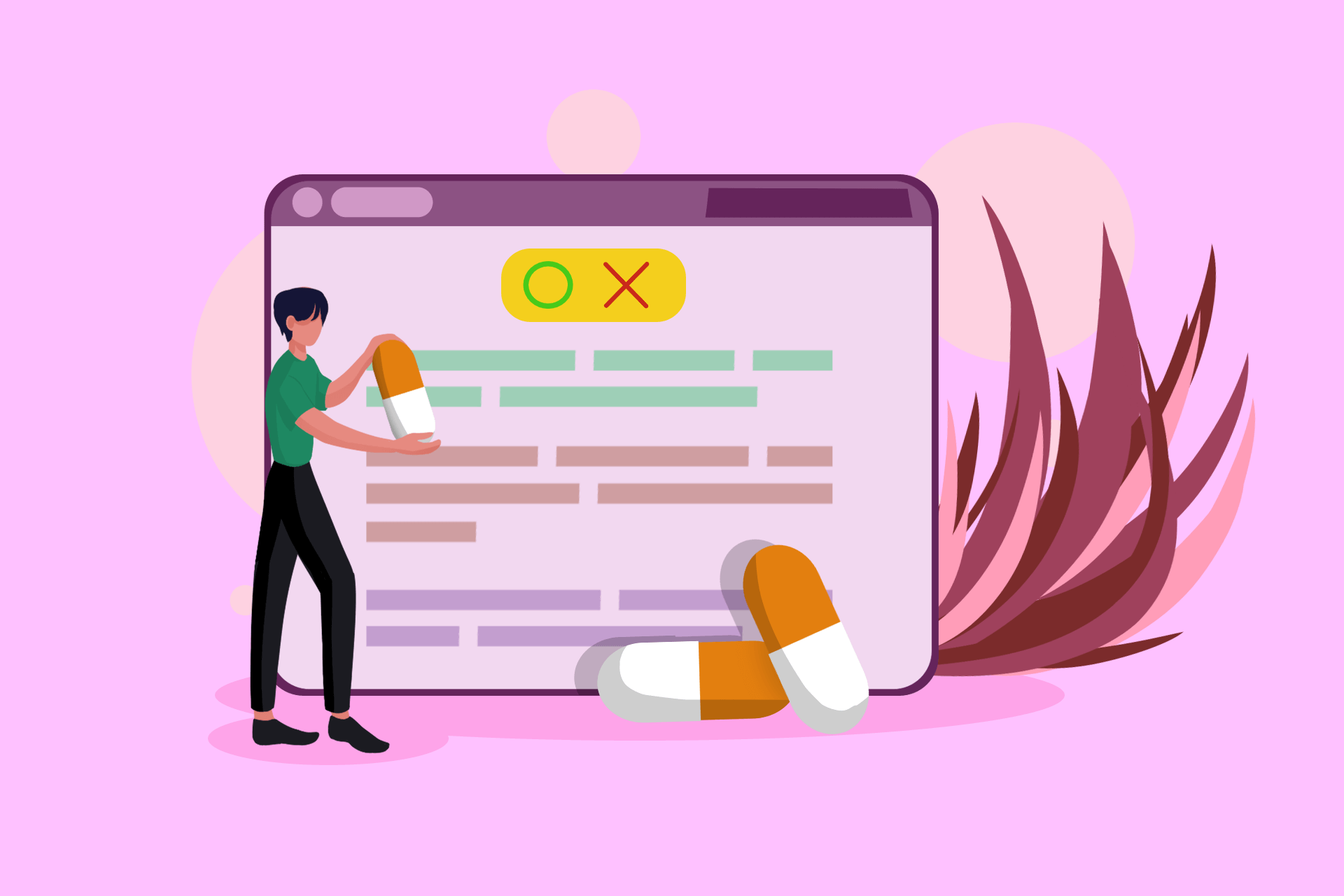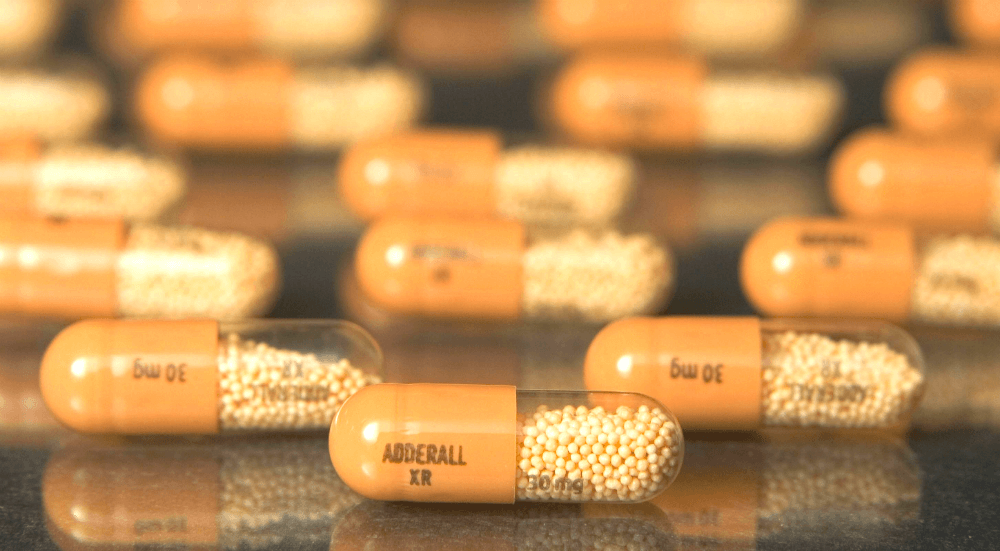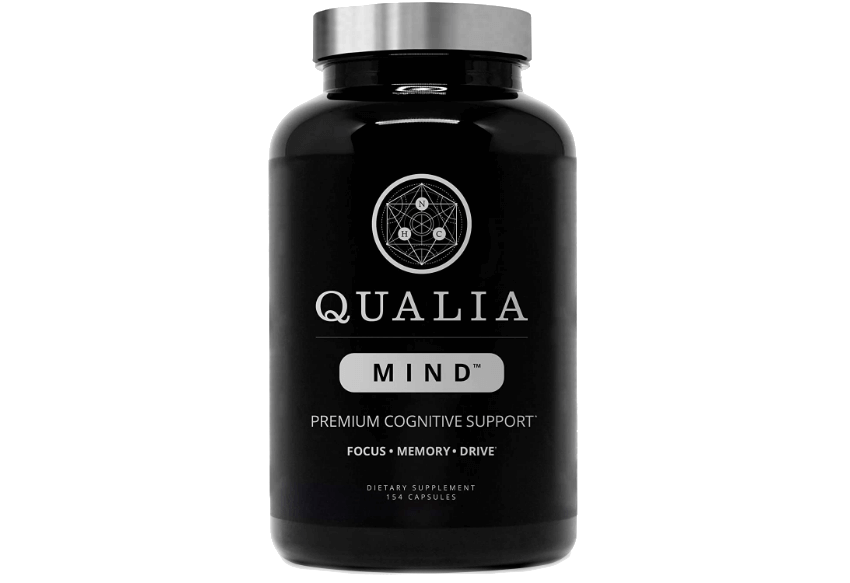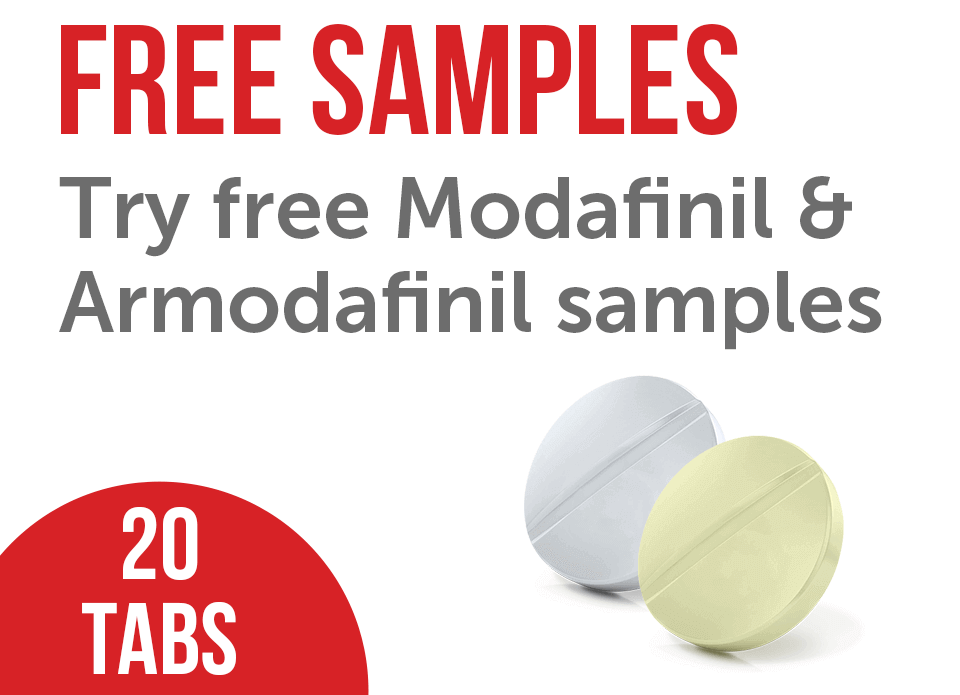Adderall is a Schedule II controlled medication. The Food and Drug Administration approved it in 1996 as an orally-administered medication for attention deficit hyperactivity disorder (ADHD) treatment. Following its effectiveness, it has since become a first-line treatment, with most doctors recommending it. It is often used off-label to treat narcolepsy, shed weight, and a number of other purposes.
Whether you’re an adult looking to treat ADHD or are just searching for information on how to manage narcolepsy or other conditions Adderall is used to manage, you will find this guide valuable. You will learn about its benefits, dosage, warnings, and possible alternatives. Let’s dive in.
What Is Adderall?
Adderall is a medication approved and commonly prescribed as an orally-administered treatment option for attention deficit hyperactivity disorder (ADHD) or attention deficit disorder (ADD) in both adults and children. It belongs to a class of drugs called stimulants, and it contains two active ingredients, namely amphetamine and dextroamphetamine. It was discovered by accident in the late 1920s by a chemist, Gordon Alles, in an attempt to develop an effective medication for asthma treatment. Following positive results from a series of trials, the FDA approved it for use to treat ADHD [1][2].
Afterward, people started using it off-label as an anorectic to suppress appetite and ultimately lose weight or prevent weight gain. Soon, the FDA discovered that it is habit-forming and restricted its use for this purpose.
At this point, it is worth noting that while Adderall is effective, it is classified as a Schedule II controlled substance. This means it poses a high risk of causing physiological and psychological dependence and addiction, especially if used at a high dose for the long term. It is important to seek guidance and supervision from a healthcare professional before taking it or any other drug [3].
Difference Between Adderall XR and Adderall IR
Adderall is available in two forms, Adderall XR (Extended Release) and Adderall IR (Immediate Release). While they both contain the same active ingredient and are used to treat the same conditions, they have some major differences, which revolve around their formulation and duration of action [4][5].
Adderall XR:
Adderall XR is an extended-release formulation of the medication. As the name implies, it is designed to release its active ingredients into the bloodstream throughout the day. The medication comes in a capsule that contains small pellets with different coatings. The coatings are designed to break down at different rates, bringing about the gradual release of the active ingredients over a relatively long duration of time, typically around 8–12 hours. As a result of this feature, the medication need only be taken once per day. Adderall XR is available in the following dose strengths: 5 mg, 10 mg, 15 mg, 20 mg, 25 mg, and 40 mg.
Adderall IR:
Adderall IR is a form of Adderall designed to provide a faster onset of action compared to the Extended Release form. Unlike the XR version, Adderall IR comes in a tablet form that dissolves quickly upon administration, allowing an immediate release of the active ingredients into the bloodstream. The effects of this version of the medication typically last for about 4–6 hours. As a result of its shorter duration of action, it is usually taken multiple times a day to ensure its effects last throughout the day. Adderall IR is available in the following dose strengths: 5 mg, 7.5 mg, 10 mg, 12.5 mg, 15 mg, 20 mg, and 30 mg.
Adderall XR and Adderall IR are both effective forms of Adderall. The one to choose between both depends on several factors, such as your individual needs, treatment goals, and how you respond to each one. Some users find that the Extended Release version manages their symptoms better throughout the day. Others prefer the Immediate Release version because of the flexibility it provides in terms of dosing. Regardless of which Adderall form you choose, it is important to strictly adhere to your doctor’s instructions for use and discuss your concerns with them.
Brand Name Pills vs. Generics
Most medications are usually available in brand name and generic versions, and Adderall is not an exception. Before getting started on the differences between both versions of drugs, it is worth noting that while they may look different physically, they’re very similar. In fact, they work the same way.
Brand-name drugs are typically developed by pharmaceutical companies only after going through a time- and money-consuming process of research, clinical trials, and gaining regulatory approvals from necessary agencies. On the other hand, generic medications are manufactured after the patent for the brand-name version of the drug expires. Several pharmaceutical companies, such as Teva Pharmaceuticals, Alvogen Pharma, Sun Pharmaceuticals, Ascent Pharmaceuticals, Actavis Pharma, Camber Pharma, etc., can produce and sell their own versions of a specific drug. The resulting competition usually makes them more affordable, setting the prices of the generics at about 80% to 85% less than their branded counterparts [6].
Many fear that generic medications are counterfeit because of how cheap they usually are. However, this is not the case. According to the FDA, generic medications are just as safe and effective as their brand-name counterparts. They contain the same ingredients, have the same mechanism of action, dosage form, route of administration, strength, and intended use, and ultimately provide the same results. They usually undergo rigorous regulatory approval processes designed to ensure they meet the same standards as their brand-name counterparts in terms of quality, safety, and efficacy.
One of the main reasons they cost less is that their manufacturers did not spend the money and put in the time the original manufacturers of the brand-name drug did in researching, testing, developing, and marketing. This, coupled with competition with other generic drug manufacturers, is what makes them cheaper.
At this point, it is worth noting that although generic medications contain the same active ingredient as their brand-name counterparts, they may contain different inactive ingredients (e.g., binders, flavorings, fillers, etc.). However, these inactive ingredients do not affect their therapeutic effects; they usually determine physical properties such as color, odor, taste, and the expiration duration date of the pills, capsules, or tablets [7]. It is important to consult a doctor if you’re considering buying generic medications.
How Does Adderall Work?
Adderall works by influencing the activities of dopamine, norepinephrine, and certain other neurotransmitters in the brain. These neurotransmitters control the brain’s reward and pleasure centers, which are involved in the regulation of motivation, impulse control, attention, and hyperactivity.
Adderall increases the brain levels of norepinephrine and dopamine by triggering their release and blocking their reabsorption into the cells that released them. This, in turn, increases the feeling of motivation that promotes action-taking. Based on these processes, the drug is able to help people with ADHD achieve increased attention, reduced impulsivity, enhanced cognitive function, and improved overall well-being [8].
While Adderall works, it is important to remember that it is a controlled substance and should be used with caution. Talk to your healthcare provider or physician before taking Adderall or any other medication.
Main Adderall Benefits
The primary benefit of this medication is to treat symptoms of ADHD. However, it has some other benefits, which include:
Wakefulness
Adderall promotes wakefulness in individuals who find it extremely difficult to stay awake during the day. It does this by triggering the release of dopamine, which has an effect on the sleep-wake cycle.
This is why doctors sometimes prescribe it to patients with certain sleep disorders.
Enhanced Cognitive Function
ADHD causes symptoms such as impulsivity, lack of focus, and concentration, which often affects the day-to-day activities of individuals who have it. It also affects academic performance and productivity at work. As a result of Adderall’s ability to increase the brain levels of dopamine and certain other neurotransmitters, it increases cognition in ADHD patients, enabling them to perform better in school and at work. While the FDA does not approve Adderall’s use as a cognitive enhancer, certain studies suggest that it may have positive effects on the executive function and memory of individuals with ADHD [9].
Improved Mood
Adderall is known to possess mood-elevating effects. As it triggers the release and inhibits the reabsorption of dopamine and certain other neurotransmitters that control the brain’s reward and pleasure centers, it ultimately elevates mood and promotes a sense of well-being.
Increased Motivation
Earlier, we mentioned that dopamine creates a feeling of motivation, which makes individuals feel positive about themselves and ready to take action. Because Adderall increases the concentration of dopamine in the brain, it, by extension, improves motivation and the overall well-being of those who take it [10].
Reduced Fatigue
Adderall reduces fatigue by promoting wakefulness, increasing alertness, and boosting energy levels. It increases the brain’s activation levels and arousal, promoting a reduced perception of exhaustion. It achieves this by increasing the abundance of dopamine, norepinephrine, and certain other neurotransmitters in the brain.
Remember that Adderall is a serious medication and should only be used based on the recommendation of a licensed physician. Be sure to weigh its benefits against its potential risks before using it.
Possible Side Effects
All drugs pose risks of side effects, and Adderall is not an exception. It may cause mild or more serious adverse effects depending on certain factors, including how it is used, the weight, age, sex, pre-existing medical conditions of the user, etc. Here are some of the common possible adverse effects [11]:
- headache;
- insomnia;
- loss of appetite/weight loss;
- dry mouth;
- nausea;
- dizziness;
- diarrhea.
Adderall may cause more serious adverse effects such as mood swings, palpitations, nervousness unitary tract infection, and a lack of energy. These adverse effects are typically caused by overdosing or other forms of misuse. Note that they can become life-threatening if left untreated. Seek immediate medical attention if you notice any of them.
Abuse and Addiction Potential
Adderall is categorized as a Schedule II controlled substance for a reason. This is because it has a high risk of abuse and addiction when used inappropriately or without a prescription. Many looking to take it off-label often find themselves misusing it because of its stimulant effects. Whether you plan on taking Adderall to manage the symptoms of ADHD or to enhance your cognitive function, there are certain things you need to understand about its abuse and addiction potential. Here are a few:
- Misuse and recreational use: Taking this medication off-label without a doctor’s guidance and supervision can be dangerous and lead to serious negative after-effects;
- Addiction potential: Adderall has a high potential to cause both physical and psychological dependence. This often results from taking high doses over a long period of time, as it leads to tolerance, which further enforces the need to take even higher doses to achieve the desired effects. This may go on in a vicious cycle which can put users at great risk;
- Withdrawal symptoms: Stopping the use of Adderall abruptly can cause withdrawal symptoms, especially after regular and prolonged use. The symptoms may include increased appetite, sleep disturbances, depression, and intense craving for the drug;
- Health risks: Adderall can increase the risk of suffering from high blood pressure, cardiovascular diseases, and other heart-related complications. It is, therefore, important to use it with caution;
Addiction to Adderall or any substance can be a serious problem that could lead to life-threatening situations if not properly handled. It is important to seek help from a licensed physician or healthcare professional if you suspect that you or someone you know may have a problem with addiction or dependence on the medication.
Adderall Dosage Guide
For the best results with Adderall use, it is important to take it correctly. It is worth noting that the dosage may vary from individual to individual based on certain factors such as response to the medication, the condition looking to be treated, age, medical history, and individual needs.
For kids 6 years of age and over, and adults with ADHD, the initial starting dosage is usually 5 mg administered once or twice per day. This dosage may be adjusted up to 40 mg based on the patient’s response to treatment. In most cases, doctors aim to recommend the lowest effective dose, as it reduces the chances of experiencing unwanted side effects.
When used to treat narcolepsy, doctors typically recommend a starting dose of 10 mg to be taken once per day. Doctors may adjust this dosage up to 60 mg based on the patient’s response to it [12].
Note that while this information provides a general guide regarding Adderall, the ideal dosage for you is best recommended by a doctor. Consult your doctor for personalized guidance.
Possible Alternatives
Adderall is one of the most popular orally administered medications for ADHD and narcolepsy. However, there are several alternatives that can be recommended based on preferences, individual needs, and overall response to Adderall. Here are some nootropic alternatives that are available both online and in brick-and-mortar stores – read our post “15 Best Adderall Alternatives That Really Work.”
Modafinil
Modafinil is a wakefulness-promoting medication that provides stimulant-type effects with a lower potential to cause the risks associated with stimulants. Although it is approved to treat shift work sleep disorder (SWSD), narcolepsy, and obstructive sleep apnea (OSA), some people take it off-label to manage some symptoms of ADHD.
Armodafinil
Armodafinil is yet another wakefulness-promoting medication with stimulant-like effects. It is similar to modafinil in terms of chemical structure, mechanism of action, safety, and effectiveness. However, it produces a stronger effect and has a long duration of action, which can last up to 15 hours, compared to modafinil which lasts 8 to 12 hours. Its long duration of effects makes it a great alternative for individuals who require slightly stronger and longer-lasting effects.
Armodafinil is approved to treat narcolepsy, SWSD, and OSA. It is also commonly used off-label to enhance cognitive function and ultimately increase productivity. While it equally has few side effects and a low potential for addiction, it is worth noting that like all other medications, it has the potential to cause negative after-effects. It is a prescription-only medication and should be used under the guidance of a healthcare professional.
Mind Lab Pro
Mind Lab Pro is a nootropic that comes as a dietary supplement. This means that it can be easily purchased without a prescription. Mind Lab Pro enhances cognitive function, protects the brain, and increases energy. While it wasn’t specifically developed to treat ADHD, narcolepsy, or other sleep disorders, the positive effects it has on the brain help counter the symptoms of these conditions. However, it is worth noting that its effects are mild compared to modafinil and armodafinil. It also has a shorter duration of effects, which typically lasts for about 3–5 hours. This makes it ideal for individuals with high sensitivity to modafinil and armodafinil.
Qualia Mind
Qualia Mind is also a nootropic dietary supplement. It has a complex mix of ingredients that include minerals, vitamins, amino acids, choline donors, and herbal ingredients, which enhance mental performance and promote nervous system function.
Qualia Mind was designed to help its users achieve increased mental clarity, increased focus, faster mental processing speed, and higher energy levels. These benefits all align with some of what’s needed to combat some of the symptoms of narcolepsy and ADHD. However, like Mind Lab Pro, it has relatively milder effects and a shorter duration of action. It is worth noting that it is not approved by the FDA. But this is no problem, as the FDA is not tasked with approving dietary supplements.
Regardless of which medication, herb, or dietary supplement you decide to take to combat the symptoms of narcolepsy or ADHD, it is important to first consult a doctor for guidance and supervision.
Adderall vs. Modafinil
Modafinil and Adderall are quite similar in that they’re both used to promote wakefulness and treat narcolepsy, among certain other medical conditions. However, they have different potential side effects and safety profiles.
Like Adderall, modafinil also works by increasing the brain levels of dopamine and certain other neurotransmitters that have a positive effect on the reward and pleasure centers in the brain. It increases alertness, enhances memory and learning, and increases focus – factors which may improve the symptoms and overall well-being of narcolepsy and ADHD patients.
Modafinil is much safer than Adderall; it is classified as a Schedule IV controlled medication. On the other hand, Adderall is classified as a Schedule II controlled medication, meaning it has a higher risk of causing addiction and dependence. Modafinil has fewer negative after-effects and a lower potential for abuse and addiction. It was deemed the “world’s first safe smart drug,” and that speaks volumes of its safety profile.
However, it is worth noting that it can still be misused or abused by individuals looking to enhance cognition or those who have a history of substance abuse. Regardless of which medication you plan on using, it is advisable to consult your physician or healthcare provider before taking it.
Where to Buy Adderall Online?
Adderall is available in local pharmacies and certain online stores. However, it is worth noting that it is a Schedule II controlled substance and thus requires intending buyers to present a valid prescription from a licensed doctor in order to purchase it. If you believe you really need this medication to treat narcolepsy, ADHD, or any other condition, it is advisable to seek advice from a healthcare provider. They can check your symptoms, provide a proper diagnosis, and help determine if Adderall or an alternative like modafinil is ideal for you.
If you decide to buy modafinil online for its fewer side effects and lower potential for addiction, you can always obtain it from a reputable online pharmacy or local drugstore. However, online pharmacies such as ModafinilUSA.com and ModafinilXL.com, among others, sell them at more affordable prices. Remember to first consult your healthcare provider before starting treatment with any medication.
Final Thoughts: Adderall Review
Adderall is no doubt an effective orally administered medication for narcolepsy and ADHD treatment. It can reduce symptoms associated with these conditions, as well as improve focus, boost memory, and increase alertness. However, it is a controlled substance that can cause serious negative after-effects in some cases, especially if misused. Alternatives such as modafinil and armodafinil, among others, have fewer adverse effects and a lower potential for adverse abuse and addiction. All the same, it remains important to consult a doctor before starting to take any medication.
References
- Generation Adderall. By Casey Schwartz. Retrieved: June 30, 2023. Nytimes.com.
- Adderall: Uses, Dosage, Side Effects & Safety Info. Medically reviewed by Kaci Durbin, MD. Retrieved: June 30, 2023. Drugs.com.
- Adderall Addiction And Abuse. Retrieved: June 30, 2023. Addictioncenter.com.
- What Is the Difference between Adderall XR and IR? Written by Editorial Staff. Reviewed by Sophie Stein, MSN. Retrieved: June 30, 2023. Lagunatreatment.com.
- Adderall XR: Uses, Side Effects, Dosage & Reviews. Retrieved: June 30, 2023. Goodrx.com.
- What’s the Difference Between a Brand-Name Drug and a Generic Name Drug? By Dan Wagener, MA. Retrieved: June 30, 2023. Goodrx.com.
- What is the Difference Between Active and Inactive Ingredients? By Madhu. Retrieved: June 30, 2023. Differencebetween.com.
- This Is How Adderall Really Affects Your Brain. By Vera Papisova. Retrieved: June 30, 2023. Cliffordsegil.com.
- Neurocognitive, Autonomic, and Mood Effects of Adderall: A Pilot Study of Healthy College Students. By Lisa L. Weyandt, Tara L. White, et al. Retrieved: June 30, 2023. Ncbi.nlm.nih.gov.
- Does Adderall Make You Smarter? Retrieved: June 30, 2023. Leehealth.org.
- Adderall Side Effects | Common, Serious, and Long-Term Effects. Written by Michelle Llamas, BCPA. Medically reviewed by Michael Swank, Ph.D. Retrieved: June 30, 2023. Drugwatch.com.
- Adderall dosage, forms, and strengths. Medically reviewed by Josephine Bawab, Pharm.D. Retrieved: June 30, 2023. Singlecare.com.










